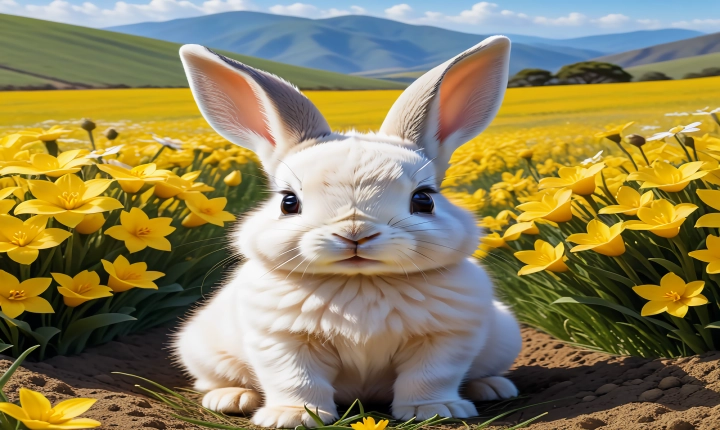Can ChatGPT Write Fiction: Exploring the Creativity of AI
In recent years, artificial intelligence has made impressive strides in natural language processing and generation. One of the most well-known AI models for producing human-like text is ChatGPT, developed by OpenAI. ChatGPT is a variant of the more widely recognized GPT-3 model, known for its ability to generate coherent and contextually relevant text based on a given prompt. While ChatGPT is primarily designed for conversational purposes, many have started to wonder whether it can also write fiction.
The idea of an AI model producing creative writing, specifically fiction, raises questions about the nature of creativity and the capabilities of artificial intelligence. The process of writing fiction encompasses a wide range of elements, including the creation of compelling characters, intricate plotlines, and immersive settings. Can an AI system like ChatGPT exhibit the level of creativity and originality required to craft a compelling work of fiction?
To explore this question, it is essential to understand the underlying mechanisms of ChatGPT. At its core, the model works by learning from vast amounts of human-generated text data and using this knowledge to predict and generate text based on input prompts. This means that while ChatGPT can mimic the style and tone of human writing, it does not possess genuine emotions, experiences, or imagination in the same way that human authors do.
Despite this limitation, ChatGPT has demonstrated an impressive ability to generate coherent and often engaging narratives. When prompted with a story idea or scenario, the model can produce a series of sentences that form a storyline, complete with characters, dialogue, and descriptive elements. The resulting output sometimes exhibits a level of creativity and originality that can be surprising to human readers.
However, the quality and depth of the fiction produced by ChatGPT are not without limitations. While the model can string together words and phrases to create a narrative, it often lacks the deeper understanding of human emotions, experiences, and cultural nuances that are essential for crafting truly impactful fiction. As a result, the generated stories may sometimes come across as superficial or lacking in genuine emotion and depth.
Furthermore, the issue of originality in AI-generated fiction poses a significant challenge. While ChatGPT can generate text that reads coherently and even captures the essence of certain writing styles, it does not possess the ability to conceptually innovate or create truly original content in the same way that human authors can. The model’s output is inherently limited by the text data it has been trained on, making it difficult to produce genuinely unique and groundbreaking fiction.
Despite these limitations, the potential applications of AI-generated fiction are intriguing. ChatGPT could be used as a tool to assist human authors in brainstorming ideas, overcoming writer’s block, or even generating rough drafts that can be refined and expanded upon by human writers. Additionally, the model’s ability to rapidly produce text based on prompts can open up new possibilities for interactive storytelling experiences and personalized narrative content.
In conclusion, while ChatGPT showcases an impressive capacity for generating coherent and sometimes engaging fiction, it is important to recognize the limitations of AI in creating truly original and emotionally resonant storytelling. As the field of AI continues to advance, it is likely that we will see progress in the realm of AI-generated fiction, but for now, the true depth of human creativity and storytelling remains a uniquely human pursuit.
